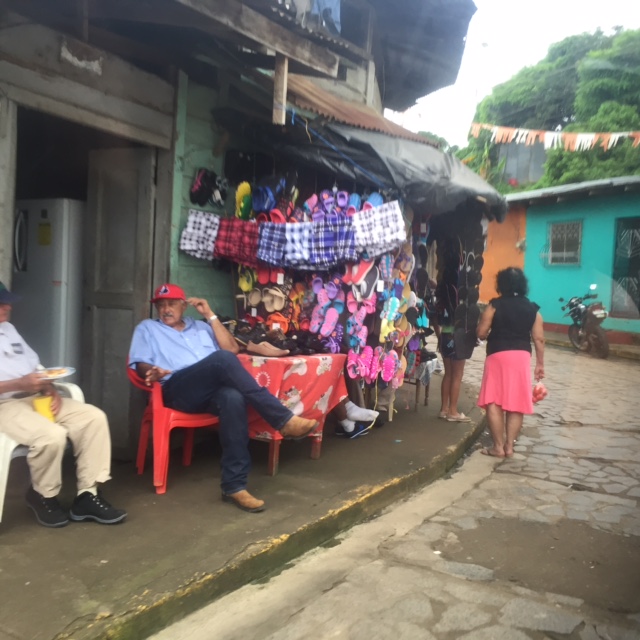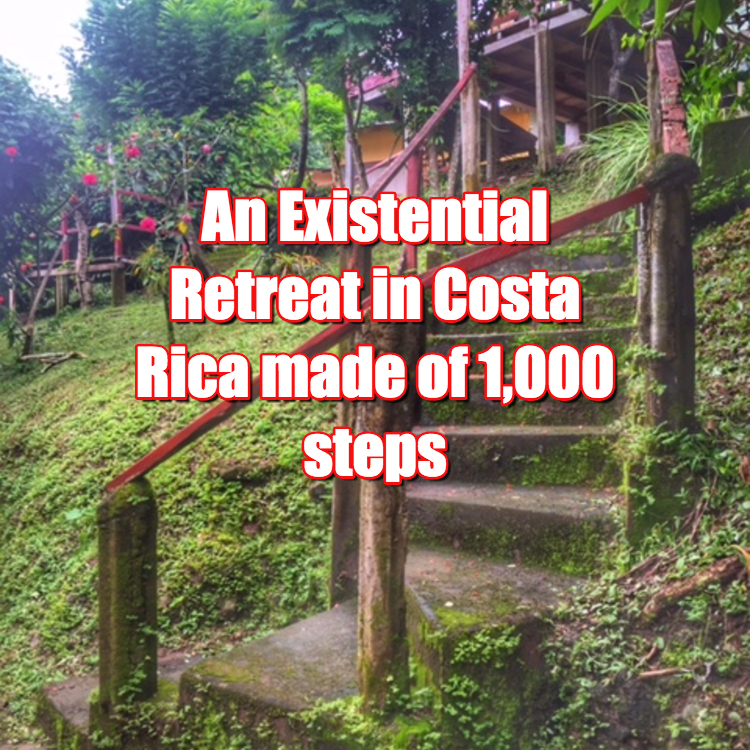The few women we met in Nicaragua were all working women. We didn’t have a chance to interact with them as much as we would have liked but we got a sense that they were hard workers.
I was curious to learn more about Nicaraguan life from their perspective.
Actually, I can count on one hand how many working women we spoke with in Nicaragua: an immigration agent, a woman at the border control information desk, the hotel owner’s wife on San Fernando Island, their cook, and an artisan on Mancarron.
I didn’t even think about machismo and its prominence in these parts. I remember learning about it in my high school Spanish class.
Basically, machismo is male chauvinism masked within an extremely strong sense of masculine pride. It dictates that women are supposed to have babies and take care of the home while men can go do whatever they want. Sometimes work is included in there.
It’s a cultural norm in many Latin American cultures (as well as Asian, African and other countries around the world, let’s be clear) and is often accompanied by spousal abuse.
Today’s working women in Nicaragua redefine norms
The following video explains the traditional expectations of Nicaraguan women. It highlights one company managed by a woman determined to challenge the machismo tradition by empowering Nicaraguan women through land ownership as coffee farmers.
Meet Fatima Ismael, manager of Soppexcca coffee cooperative and farming alliance. She is on a mission to change the environment for women in Nicaragua.
I love that the men who work within her company are starting to view women in a different light and that the conversation about gender norms is starting in primary school.
It shows that there is promise for gender advancement in the country.
To learn more about Nicaragua, check out my Flipboard magazine on the country.




